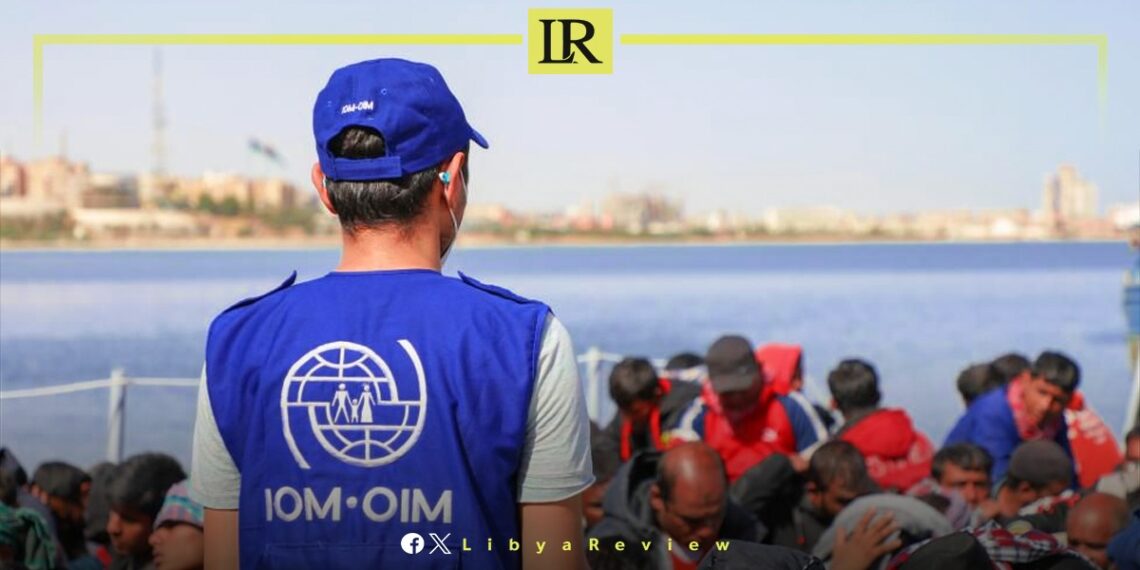On Thursday, the International Organization for Migration (IOM) announced that it had successfully helped more than 11,000 migrants voluntarily return to their home countries from Libya in 2024.
In a statement, the IOM added that this effort is part of the IOM’s ongoing Voluntary Humanitarian Return (VHR) program, which ensures the safe and dignified return of migrants stranded in Libya who wished to go back to their countries of origin.
The IOM’s program plays a crucial role in offering migrants a lifeline, providing not only safe repatriation but also vital reintegration support. Migrants who participate in the program receive help to rebuild their lives upon returning home, including financial and logistical assistance to support their reintegration into society.
In a recent effort, the IOM facilitated the return of 144 Bangladeshi migrants from Libya to Dhaka. These individuals will receive reintegration aid to assist them in re-establishing their lives after facing difficult conditions in Libya.
Conditions in Libya, however, have deteriorated for many, with reports of human trafficking, exploitation, and inhumane treatment in detention centers, often run by both governmental and non-governmental actors. The VHR program offers a crucial alternative for these migrants, helping them escape these harsh conditions and safely return home.
Libya has been a central hub for irregular migration in recent years, particularly for those fleeing poverty, conflict, and instability in sub-Saharan Africa, the Middle East, and South Asia. Following the collapse of Gaddafi’s regime in 2011, the country descended into chaos, creating a breeding ground for smugglers and human traffickers who prey on vulnerable migrants seeking to cross the Mediterranean to Europe.
The migrant situation in Libya remains dire, with thousands trapped in detention centers or living in precarious conditions. Migrants face abuses ranging from forced labor to violence and exploitation. Despite international efforts, Libya’s fragile political environment continues to pose challenges for humanitarian agencies attempting to provide aid.


